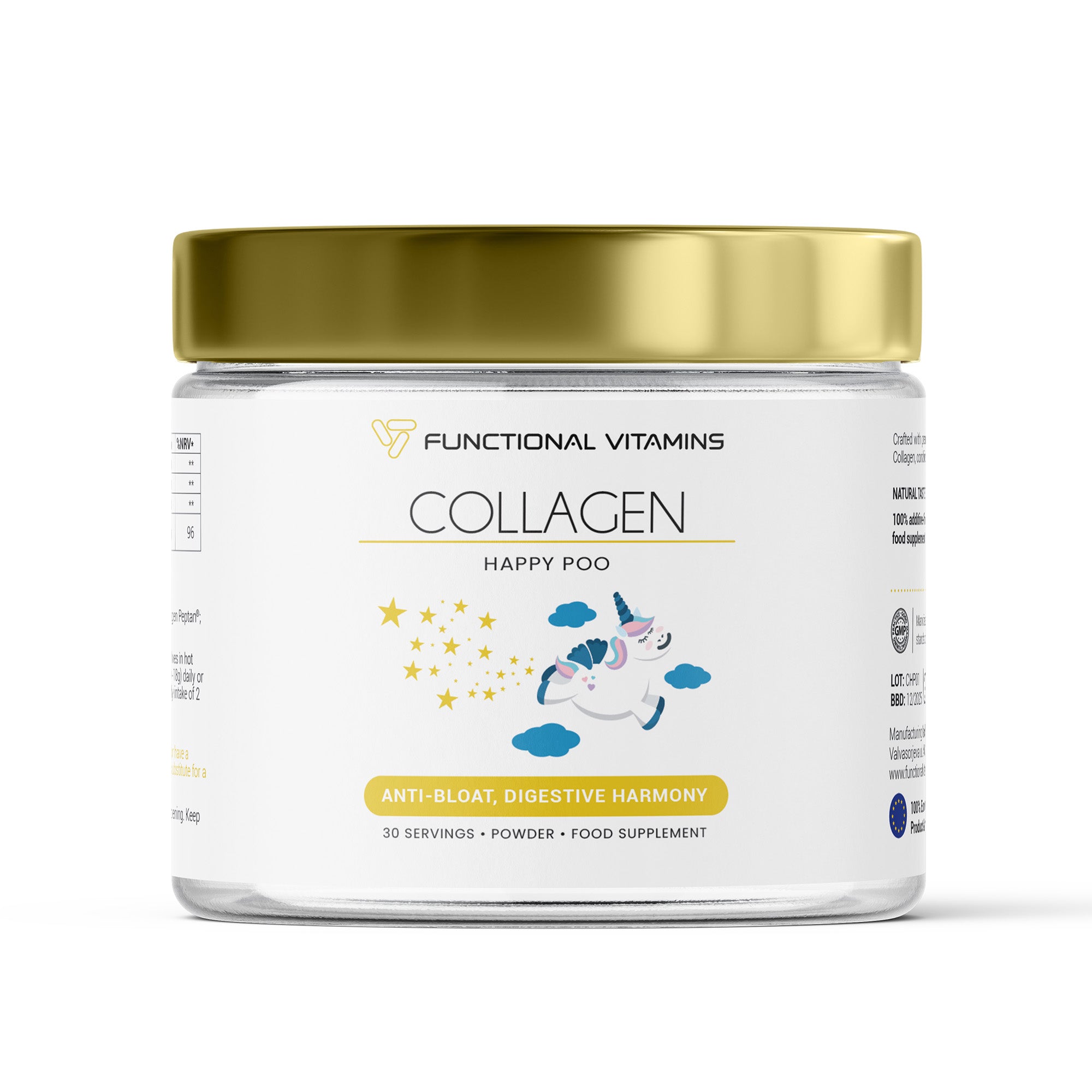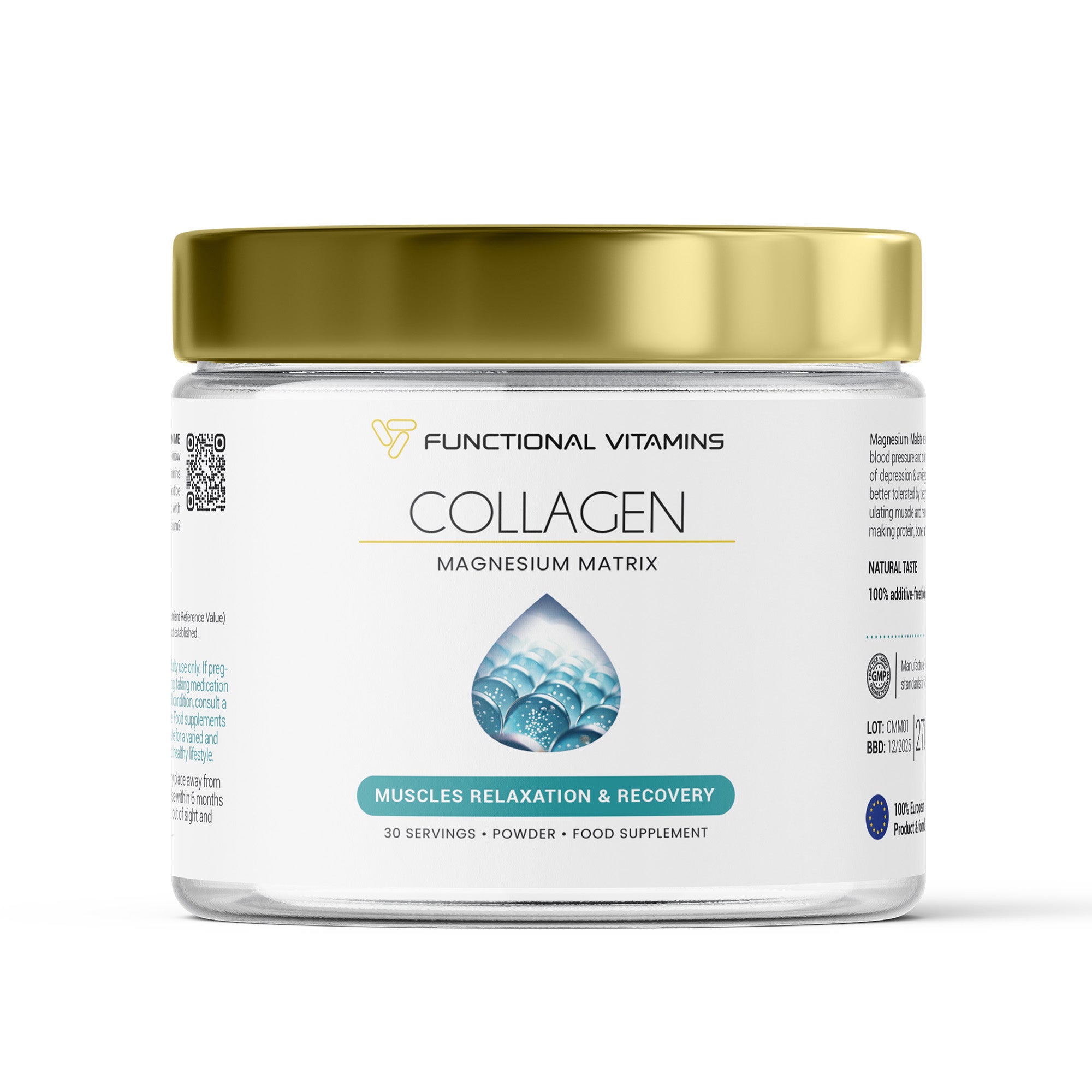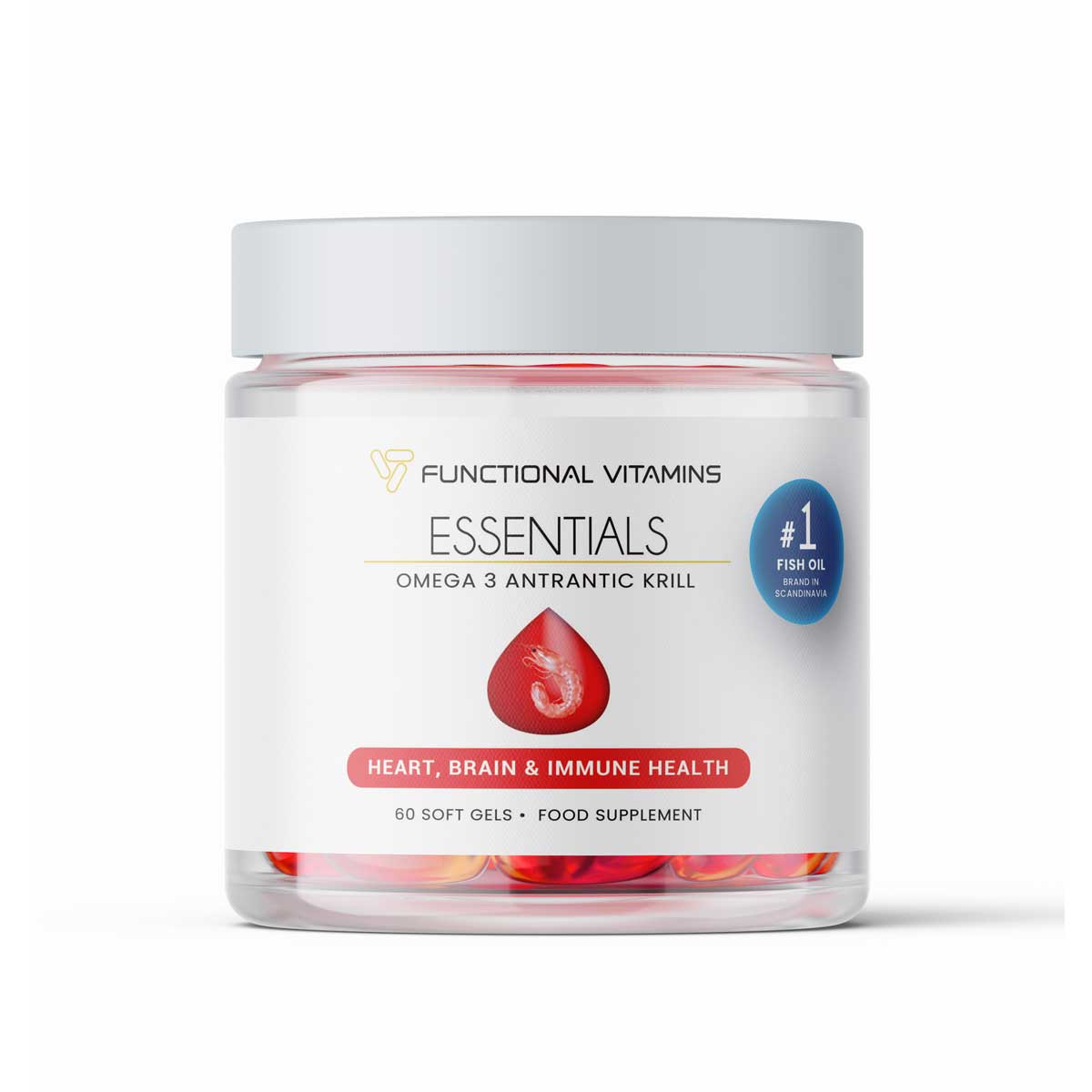Serotonin, often referred to as the "happiness hormone," plays a critical role in regulating your mood, well-being, and overall mental health. Understanding how serotonin works in your body and how to naturally boost its levels can be life-changing. This article dives into the science of serotonin, the nutrients that support its production, and actionable steps you can take to improve your serotonin levels for a happier, more balanced life.
1. How Does Serotonin Work in the Body and Brain?
Serotonin is both a hormone and a neurotransmitter that helps regulate a wide range of functions, including mood, digestion, and sleep. While its most well-known function is in the brain, serotonin plays a key role in communication between nerve cells. As a neurotransmitter, it helps transmit signals between nerve cells, contributing to mood stability and emotional regulation.
If serotonin levels are too low, these processes can become imbalanced, leading to symptoms like anxiety, depression, and poor concentration. Moreover, serotonin is essential for creativity and cognitive function, helping you come up with new ideas and solve problems effectively.
Key takeaway: Serotonin is a multi-functional hormone that affects everything from mood to creativity. A lack of serotonin can disrupt these processes, leading to negative effects on your mental and emotional well-being.
2. Why Serotonin is Called the "Happiness Hormone"
Serotonin is often called the "happiness hormone" because of its profound impact on mood and emotional well-being. Not only does it regulate mood in the brain, but it also affects other areas of the body, such as the cardiovascular system and gut health. Approximately 95% of serotonin is produced in the gut, meaning that gut health plays a significant role in overall serotonin production.
In addition to mood regulation, serotonin influences various physical functions like blood vessel contraction, gut motility, and even bone health. The hormone works by attaching to specific receptors called "5-HT receptors," which are spread throughout the body.
Key takeaway: Serotonin's impact goes beyond mood regulation—it influences your gut health, cardiovascular system, and more. This explains why serotonin imbalances can have far-reaching effects on both physical and mental health.
3. How Can I Influence My Serotonin Levels?
Your brain and gut must produce serotonin naturally, but this process depends on the availability of certain building blocks in your diet. Vitamins, minerals, and amino acids all play a critical role in serotonin synthesis. A well-functioning gut, often supported by probiotics or fermented foods like sauerkraut and kimchi, also aids serotonin production.
A study published in the Journal of Psychiatry & Neuroscience emphasizes that key vitamins and minerals are essential for serotonin synthesis. These "cofactors" support the enzymatic reactions necessary to produce serotonin. Notably, the amino acid tryptophan is crucial as it's the precursor to serotonin production.
Incorporating tryptophan-rich foods like nuts, seeds, and fish into your diet can help ensure your body has the resources it needs to make serotonin. Additionally, B vitamins, particularly B6, and minerals like magnesium and zinc, further support this process.
Key takeaway: You can boost serotonin production through a nutrient-rich diet, particularly focusing on foods high in tryptophan and other key micronutrients.
4. 3 Key Micronutrients for a Normal Serotonin Level
To maintain healthy serotonin levels, your body needs specific nutrients. Here are three that stand out:
-
Vitamin B6: Vitamin B6 supports normal brain function and plays a role in serotonin production by helping convert amino acids like tryptophan into serotonin. B6 can be found in foods like poultry, fish, and vegetables, including avocados and green beans.
-
Vitamin D: Often dubbed the "sunshine vitamin," vitamin D supports a variety of bodily functions, including mood regulation. Vitamin D is synthesized when your skin is exposed to sunlight, but it can also be found in foods like fortified dairy products, fish, and egg yolks. Vitamin D deficiencies, particularly in the winter months, have been linked to mood disorders like Seasonal Affective Disorder (SAD).
-
Omega-3 Fatty Acids: Omega-3 fatty acids are crucial for brain health and help enhance serotonin’s ability to bind to receptors. Omega-3s are found in fatty fish such as salmon and mackerel, as well as in plant sources like flaxseeds and walnuts.
Key takeaway: Ensuring your diet is rich in vitamin B6, vitamin D, and omega-3 fatty acids can help keep your serotonin levels balanced, leading to improved mood and emotional stability.
5. Additional Ways to Boost Serotonin
Apart from diet, several lifestyle changes can also help increase serotonin levels:
-
Exercise: Physical activity is a natural way to boost serotonin levels. Exercise increases the availability of tryptophan, the precursor to serotonin, in the brain. It also enhances mood-regulating neurotransmitters.
-
Sunlight Exposure: Spending time outdoors in the sun can naturally increase serotonin production. Aim for at least 15-20 minutes of sunlight exposure per day, especially in the morning.
-
Stress Management: High stress levels can deplete serotonin. Practices like mindfulness meditation, yoga, and deep breathing exercises help reduce stress and support healthy serotonin levels.
-
Sleep: Quality sleep is crucial for serotonin regulation. Aim for 7-9 hours of sleep each night and maintain a consistent sleep schedule to allow your brain to recharge and keep serotonin levels in balance.
Key takeaway: Lifestyle habits such as exercise, stress management, and sleep hygiene all play an important role in serotonin production.
6. Conclusion
Serotonin is not just a hormone that makes you feel good; it’s a crucial neurotransmitter that regulates many bodily functions, from mood to digestion to cardiovascular health. While medications can influence serotonin levels, focusing on your diet and lifestyle offers a natural, effective way to enhance your serotonin production.
By incorporating foods rich in tryptophan, vitamins B6 and D, and omega-3 fatty acids, along with regular exercise, sun exposure, and stress management, you can help your body produce and maintain optimal serotonin levels. This holistic approach to well-being not only boosts your mood but also promotes long-term mental and physical health.












Leave a comment
This site is protected by hCaptcha and the hCaptcha Privacy Policy and Terms of Service apply.